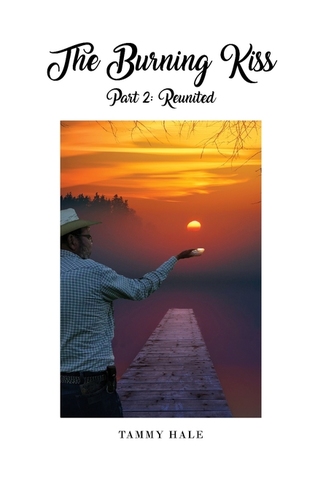The last G20 country to do so, Turkey had not ratified the landmark agreement for five years arguing it should not be considered a developed country.
Turkey ratified the Paris climate accord on Wednesday, joining the global fight against climate change weeks before the start of a critical summit in Glasgow, Scotland.
Though Turkey was among the first countries to sign the Paris Agreement in 2016, it held off ratifying it as it sought to be reclassified as a developing instead of developed country to avoid harsher emission reduction targets and benefit from financial support. It was among six countries — including Iran, Iraq, Eritrea, Libya and Yemen — to not ratify it.
On Wednesday, 353 members of Turkey’s parliament ratified the agreement unanimously.
Announcing that Turkey would ratify the deal at the United Nations General Assembly last month, President Recep Tayyip Erdogan said countries that have a “historical responsibility” for climate change should make the most effort.
“Whoever made the most damage to nature, our air, our water, our soil, the Earth; whoever savagely exploited natural resources needs to make the largest contribution to the fight against climate change,” he said.
The United Nations welcomed Turkey’s move. “It’s essential that all countries continue to boost ambition, and the secretary-general has been clear that G20 countries must lead the way,” Stephane Dujarric, spokesman for UN chief Antonio Guterres, told Anadolu news agency.
 Rescue team members evacuate a girl during flashfloods in the Turkish Black Sea region in August
Rescue team members evacuate a girl during flashfloods in the Turkish Black Sea region in AugustOne of the biggest threats
Turkey has felt the full force of climate change with a rapid succession of floods and wildfires killing some 100 people in July and August. Swathes of the country have also been suffering through an extended drought.
Climate experts have warned the Mediterranean basin, which includes Turkey, faces the risk of severe drought and desertification.
The Paris agreement’s stated goal is to limit global warming to less than 2 degrees Celsius (3.6 Fahrenheit) — preferably to 1.5C — compared to pre-industrial levels. The world has already warmed 1.2C (3.2F) since that time.
Under the agreement, nations are expected to set greenhouse gas emission-reducing actions depending on their economic status.
Some 95 percent of young people in Turkey believe climate change is one of the biggest threats facing the country, according to a report last month by the British Council, which was part of its Global Youth Letter on Climate Action.
Scorched earth
Before Turkey’s ratification, the Climate Action Tracker project said Ankara’s efforts to reach the Paris accord’s goals were “critically insufficient”.
Nearly 200,000 hectares (494,000 acres) of forest have been scorched in Turkey this year — more than five times the annual average from 2008 to 2020, according to data from the European Forest Fire Information System.
Turkey’s intended nationally determined contribution was a reduction of 21 percent by 2030 from a projected emission of 1,175 million tons to 929 million tons. In 2012, total CO2 emissions in Turkey were 440 million tons, with the energy sector releasing 70.2 percent of those emissions.
Ankara has said Turkey’s greenhouse gas emissions are lower than European Union and OECD averages and is responsible for 0.7 percent of global emissions.
It has also said the country has financial and technological constraints in combating climate change, and wants access to funds and technology to reach targets.
Turkey relies on imported fuel and natural gas along with coal-burning and hydroelectric power plants for its energy needs. However, it has ample opportunities to tap renewable energy resources, environmental groups say.
In July, wildfires devastated swathes of forest land along Turkey’s southern coast, killing eight people and forcing thousands to flee. As firefighters continued to battle blazes, parts of the country’s northern Black Sea coast were hit by floods that killed 82 people.
Earlier this year, a layer of sea mucilage covered the Sea of Marmara, threatening marine life. Meanwhile, hundreds of infant and mature flamingoes were found dead at the drought-hit Tuz Lake, a breeding spot for the birds.
The government has acknowledged climate change is a leading reason for these disasters, but has done little to protect the environment, allowing deforestation for infrastructure and mining while pushing for urbanisation across the country.
Note: This article have been indexed to our site. We do not claim legitimacy, ownership or copyright of any of the content above. To see the article at original source Click Here












